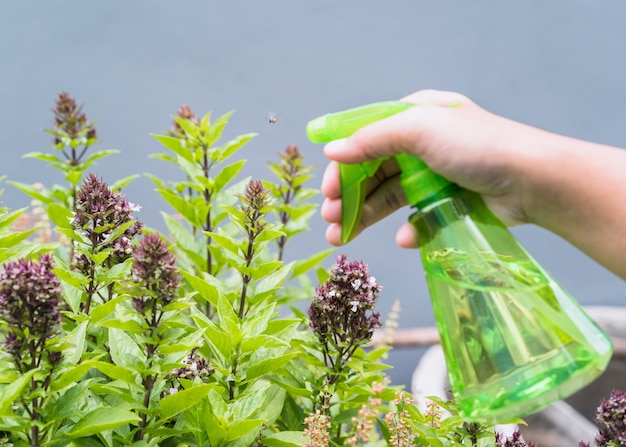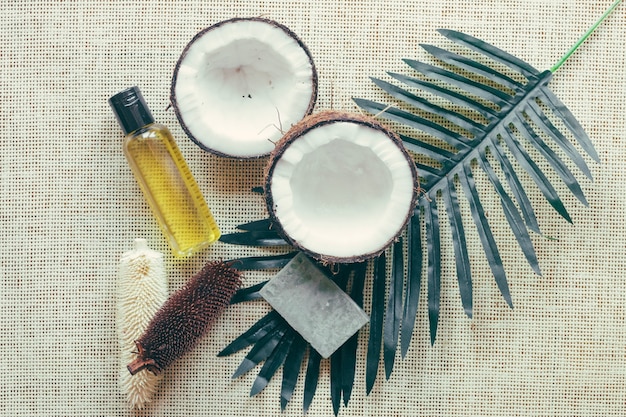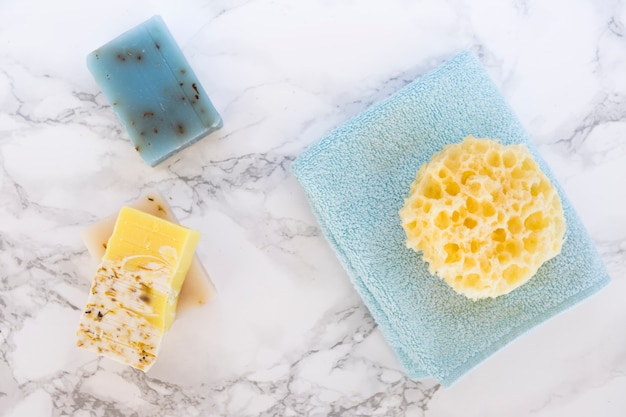
Many natural oils can stick to leaves, stems, and other plant surfaces, which is why organic gardeners often use them to ward off pests. Moreover, these oils are typically safe for humans and beneficial for the garden ecosystem, making them quite invaluable.
On the contrary, some organic pesticides come with very complex recipes requiring rare ingredients and complicated ratios, yet they offer no guaranteed success despite the effort. The choice between simple and complex seems pretty clear.
Here are five natural oils that stand out when it comes to organic pest control. After trying them, they may become your go-to solutions for both home and garden. Each oil is meant to be used with an applicator, like a glass spray bottle or an adjustable pressurized garden sprayer. We’ll provide a brief background, the best application method, and a little recipe for each oil.
1. Cedar Oil: Best for visible insects and scale insects.
Cedar oil works by drying out the waxy outer shells of insects, killing most of them while driving the rest away due to the irritation it causes. Apply the oil directly to visible pests. Be cautious, though, as cedar oil can irritate human skin and eyes, and its smell can linger in containers. Apply it on low-light days or in the evening until it just starts to drip off the leaves.
2. Eucalyptus Oil: Best as a deterrent, especially for flies.
Eucalyptus oil can keep your outdoor activities pest-free. Soak small cloth strips in natural eucalyptus oil and hang them around your patio to repel flies. For a pesticide, mix 1 tsp of natural eucalyptus oil, 1 tsp of natural dish soap (as an emulsifier), and 2 cups of water in a glass spray bottle. Double the eucalyptus oil to make it a stronger pesticide. Spray on mulch or around the base of larger plants to deter many insects and borers.
3. Neem Oil: General garden pesticide, effective on contact and through digestion.
Neem oil, derived from the Azadirachta indica tree, is great for deterring a broad array of pests like slugs, snails, moths, and caterpillars. Apply it in the evening or on a cloudy day to avoid burning plants. Several applications might be needed to fully eliminate pests. Spray under the leaves where bugs often hide. Neem oil is safe for edibles and its strong odor can be removed with normal washing.
4. Garlic Oil: Best for large herbivores like rabbits and deer.
Garlic oil is effective at deterring both small and large pests. For a homemade repellent, mix 10 minced garlic cloves, 2 tsp of mineral oil, 2 1/2 cups of water, and 1 tsp of natural dish soap in a glass spray bottle. This solution can deter rabbits, squirrels, deer, and various insects.
5. Peppermint Oil: Best for deterring spiders and slugs.
Peppermint oil is excellent for keeping spiders out of certain areas without harming them. Rather than spraying the oil directly on spiders, spray it around areas you want to keep spider-free, like tool storage spots or places where webs are unwelcome. Make an anti-spider spray by mixing 10 oz of vodka or vinegar as a base, 50 drops of natural peppermint oil, and a bit of liquid dish soap in a glass spray bottle. Shake before each use if you use water as the base.



